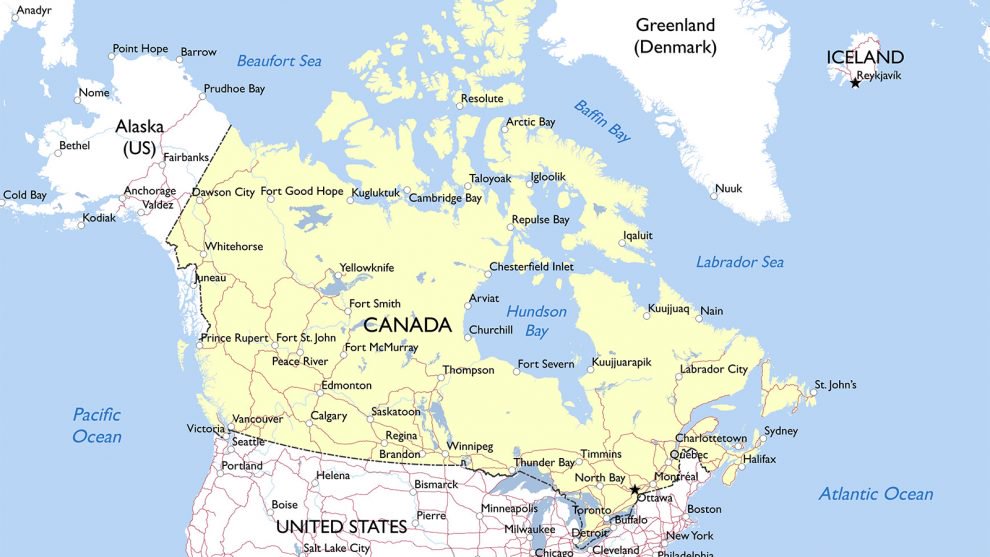Nearly a quarter of Canadians today say they have no religious affiliation — about the same as in the U.S. But two Canadian researchers suggest it is easier to be a “none” in Canada.
“It’s more normal in Canada to say you have no religion,” said Sarah Wilkins-Laflamme, a professor of sociology at the University of Waterloo and author, with Joel Thiessen, professor of sociology at Ambrose University, of “None of the Above: Having No Religion in Canada and the U.S.”
“In Canada there is a more accepting social environment for leaving religion. There’s less of a social stigma,” added Thiessen.
The two researchers decided to study nones in Canada when they found most of the information about the rapidly expanding group of religiously unaffiliated came from the U.S.
“We wanted to see what was similar, what was different,” said Wilkins-Laflamme.
The big difference, they found, is that the decline in religious affiliation started earlier in Canada. Just 4% of Canadians said they had no religion in 1971. The number spiked to 12% in 1991 and 17% in 2001. The nones’ rise began later in the U.S., from 5% in 1972 to 8% in 1990 before jumping to 14% in 2000.
As the notion of being nonaffiliated caught hold more quickly in Canada it seemed more normal sooner, the researchers said.
At the same time evangelicalism continues to have a much stronger influence in the U.S. than it does in Canada. This, along with a stronger sense of Christian nationhood in the U.S., makes it harder for some Americans to “come out” as having no religion, the researchers say, noting that in parts of the U.S. “a fervent stigma exists toward those in the religious none community.” (RNS)






Share with others: